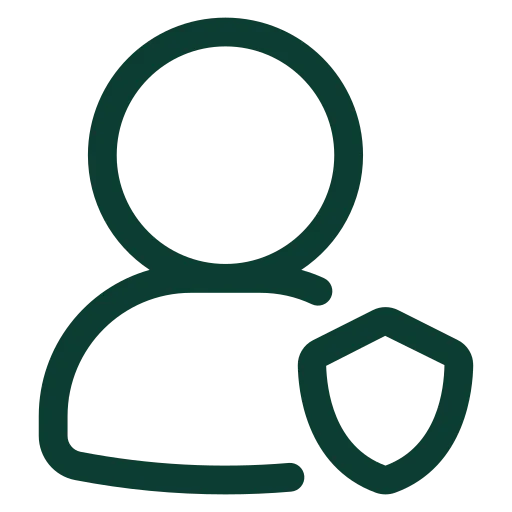
Our counseling program helps people with drug and alcohol abuse problems to live healthier, more stable lives. In the initial stages of counseling, you'll engage in open discussions with your counselor about your drinking or substance use history and your current lifestyle. The primary goal for these sessions is to establish a rapport and identify the most effective motivational strategies to ensure your commitment to the recovery process.
From there, the focus shifts to exploring the emotional and psychological factors influencing your alcohol or substance use. Our counselors, skilled in cognitive behavioral therapy (CBT), will introduce you to tailored strategies for managing problematic situations, providing you with practical tools to aid in maintaining sobriety. The program extends beyond individual counseling sessions to include group therapy, where you can share experiences and support with peers facing similar struggles.
Here’s a preview on what you can expect from our program.
Counseling sessions are scheduled primarily on a weekly basis, adaptable to your schedule.

Participate actively in sessions where you'll delve into your personal narrative of substance use, confront challenges head-on, and acknowledge your progress.

Develop the skills you need to thrive in recovery. Our program focuses on building coping mechanisms, relapse prevention strategies, and healthy habits for a fulfilling sober life.

Put into practice the strategies discussed in therapy, adapting them to fit real-life situations.

Alcohol/drug abuse is using alcohol or drugs in a way that harms your health, relationships, or responsibilities. It includes consuming more than intended, struggling to cut down usage, and continuing use despite negative consequences.
Yes, recovery from alcohol or drug abuse is possible with the right support and treatment. Many individuals successfully overcome their substance use challenges and go on to lead fulfilling, sober lives.
Recovery timeline can vary widely among individuals. It's influenced by many factors, including the severity of addiction, the substance used, personal circumstances, and engagement with the treatment process.
If a relapse occurs, it's important to communicate openly with your counselor about it. The program will support you in understanding the relapse triggers and refining your coping strategies.
You can join our aftercare and alumni programs to support your ongoing journey to wellness. These include follow-up sessions to monitor progress, access to a network of community resources, and involvement in support groups.

.webp)
Don't let addiction define your future. We're ready to support you every step of the way. Reach out to us for a free, confidential assessment.

